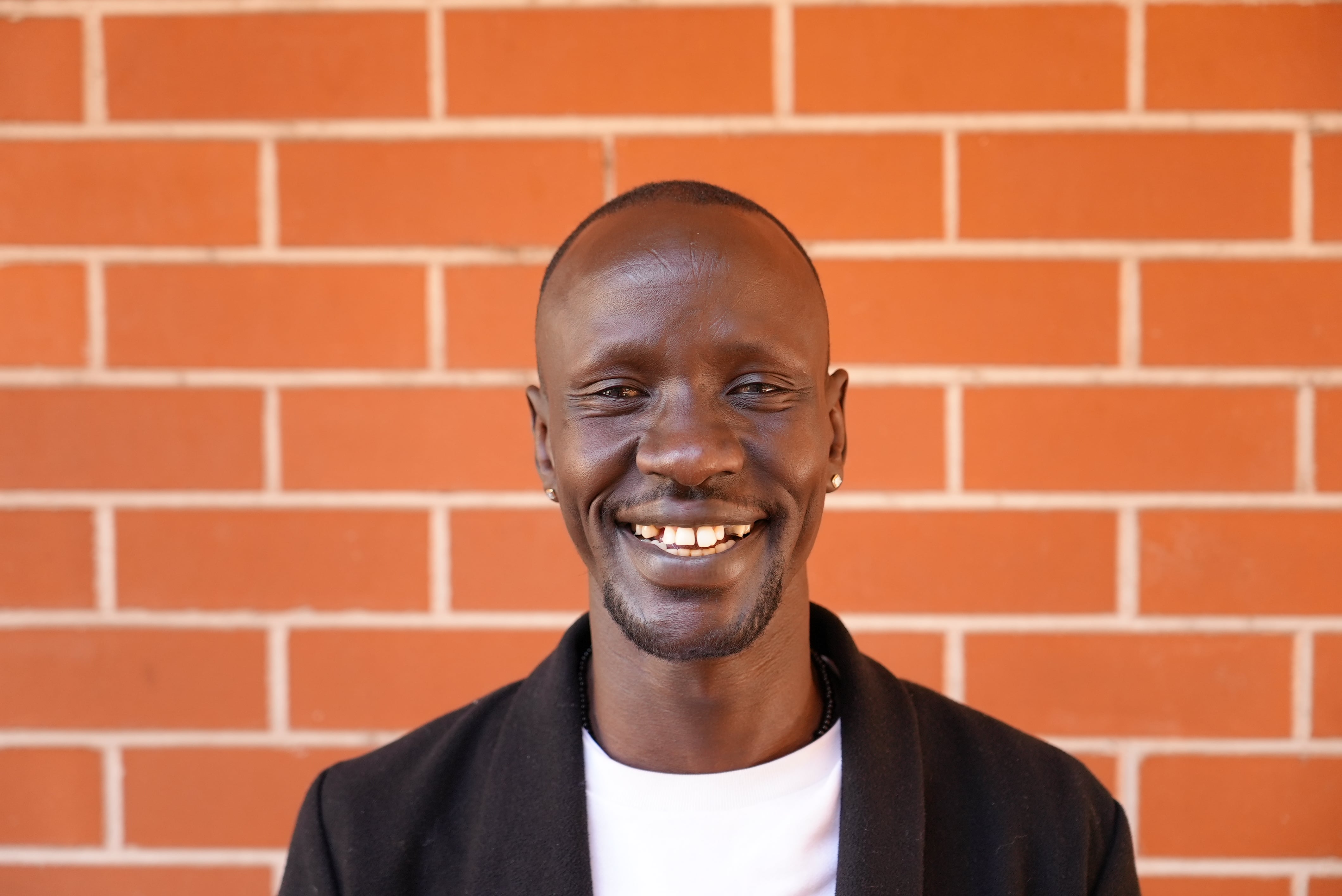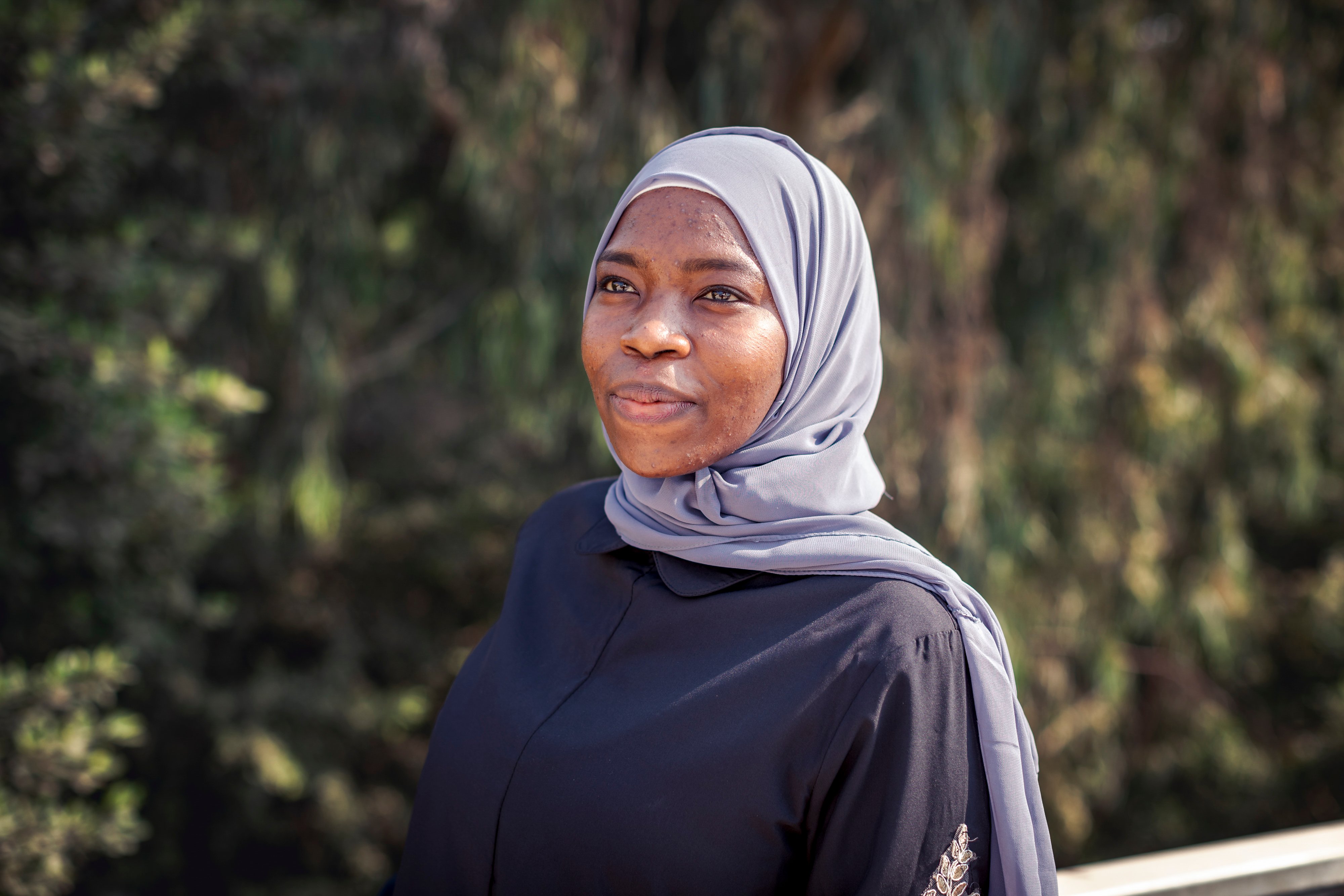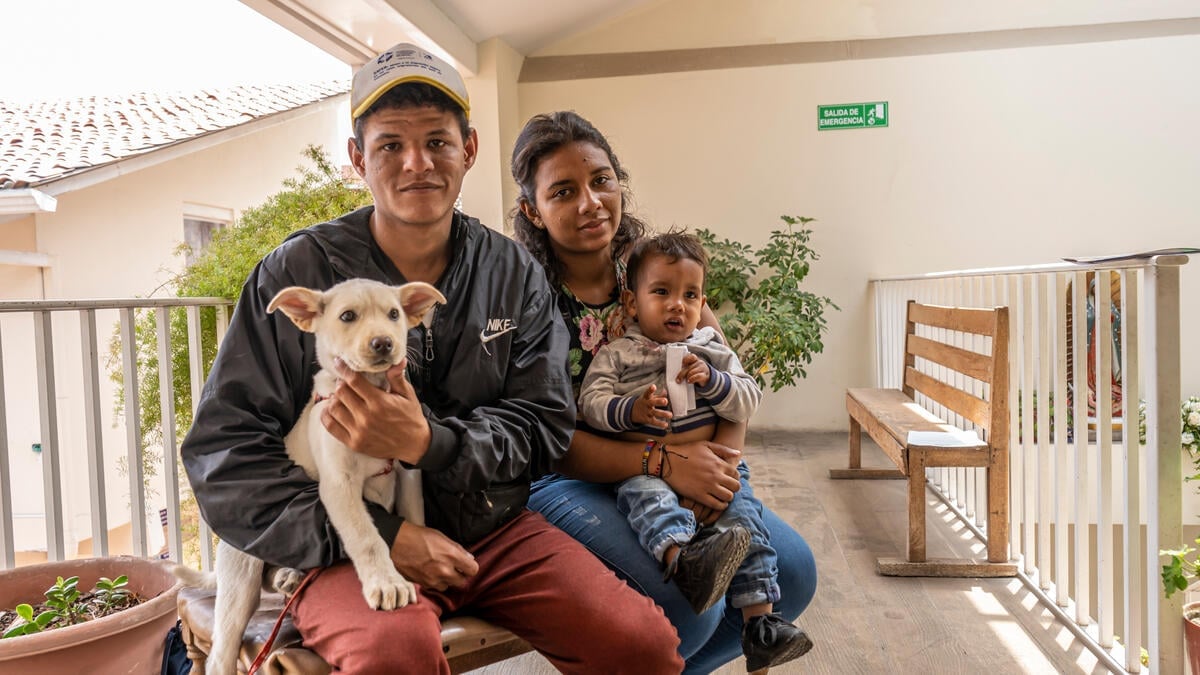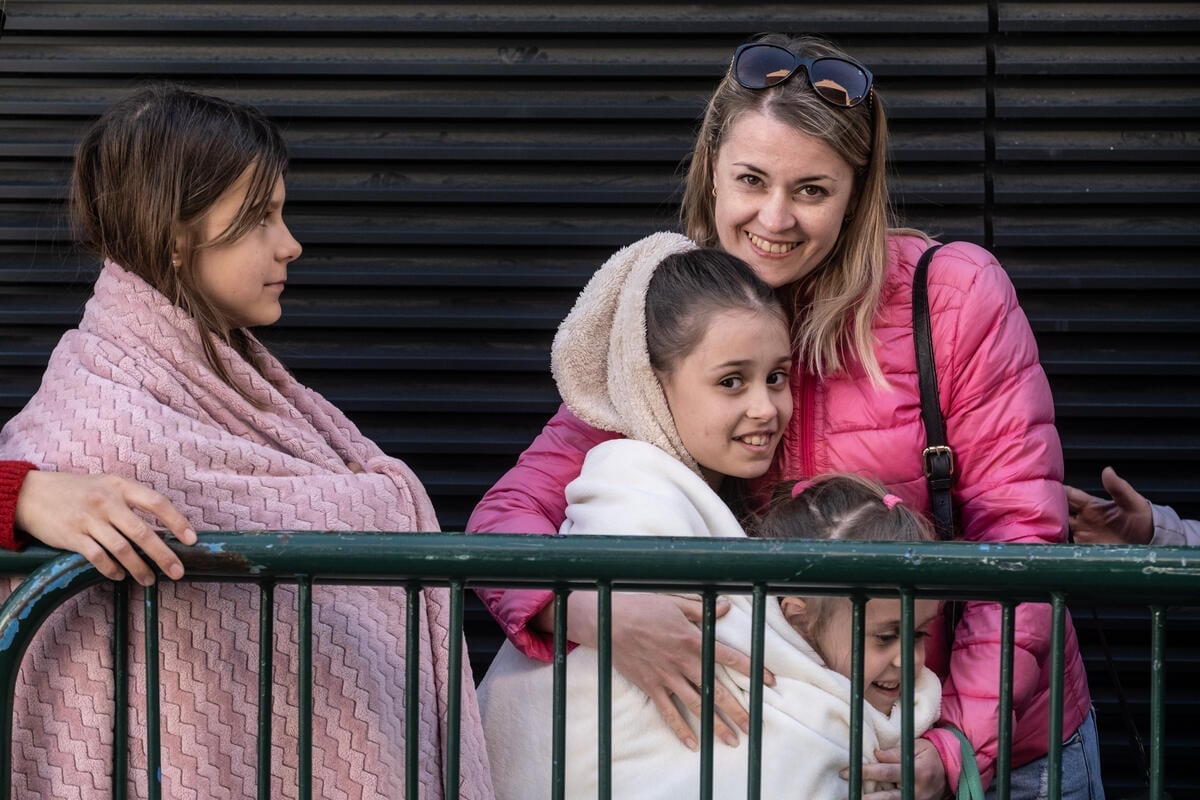IKEA Foundation-funded livelihoods and education project helps Somali refugees become self-sufficient
IKEA Foundation-funded livelihoods and education project helps Somali refugees become self-sufficient

KOBE CAMP, Ethiopia, December 3 (UNHCR) - Bonkay may seem a bit old to be going to school but, like her classmates, the 23-year-old mother and refugee missed out on a proper education in her village in central Somalia's Bay region.
Now, they are catching up on their schooling in an Ethiopian refugee camp thanks to the Youth Education Pack, or YEP, a UNHCR-backed programme implemented by the Norwegian Refugee Council and funded by the IKEA Foundation. It targets Somali refugees and local Ethiopians aged between 15 and 24 who have little or no formal education and initially focuses on literacy and numeracy training followed by vocational and life skills classes. The aim is to teach people new skills and help them become self-sufficient.
Bonkay is illiterate and has never studied before. In July 2011, the combination of general insecurity and the worst drought in more than half-a-century forced her and her husband to leave their village with their two children. "We used to farm and keep livestock, but they all died because of the drought and we were also in danger of losing our two children," she explained.
They walked for nine days to Dollo Ado in south-east Ethiopia, joining tens of thousands of others in what is now the world's second largest refugee complex after Dadaab in Kenya. The five camps in Dollo Ado, including Kobe where Bonkay lives, host more than 170,000 refugees, mostly from Somalia.
After arriving in Kobe camp, Bonkay and her husband spent time getting settled before thinking of the future and how to make the best use of their time. Her husband failed to find work and the family were completely dependent on assistance from UNHCR, its partners and the government.
But Bonkay was not content to sit back and rely on others, she wanted to "study and work to support myself and my children." Then, as she recently explained to Per Heggenes, the visiting chief executive officer of the IKEA Foundation, she heard about the YEP programme, which is only run in Kobe.
She enrolled to take a basic literacy course and to study maths, followed by vocational skills training, and told Heggenes, "I want to become a cook and open my own restaurant." She will learn culinary skills once she has finished the literacy and numeracy training.
The various YEP courses - all free - run for one year and the students are encouraged to use what they have learned to set up their own businesses, with help from the Norwegian Refugee Council.
About 400 students, half of them women, are taking part in the programme, studying in a makeshift building while the Norwegian Refugee Council builds something sturdier. About 280 are refugees and the rest come from the host community, while the teachers are recruited locally.
Moses Okello, the UNHCR representative in Ethiopia, welcomed the programme and the IKEA Foundation's support. "When the refugees arrived here in 2011, we were focused on life-saving activities," he noted, while adding that "now we are able also to turn our attention to consolidate the gains made by offering the refugees an opportunity to study and acquire skills that they will eventually take home with them."
His enthusiasm was echoed by Hegennes, who said those working on the programme in Dollo Ado had "embraced the concept of innovation and efficiency" and were "creatively pursuing opportunities to improve the services for refugees in ways that have not been done before."
The YEP initiative is part of a three-year partnership between the UN refugee agency and the IKEA Foundation to support refugee and host communities in the Dollo Ado region. The overall aim is to reduce dependency on aid and promote self-sufficiency in this arid, isolated region.
This includes helping the host community that has welcomed so many vulnerable people. During his visit, Heggenes handed over water pumps to local farmers and visited 120 transitional shelters built for them by UNHCR and the Norwegian Refugee Council with IKEA Foundation funding.
The local population will have access to all the infrastructure built under the programme, including health facilities, schools, water systems and solar power systems.
Other important aspects of the IKEA Foundation-UNHCR programme include a shelter project to research, pilot and develop alternative ways to lay out a refugee camp. Another project is the construction of a new health centre in Kobe which will be able to provide minor surgery and treat emergency cases and pregnant women. The latter must currently travel for about three hours on a bumpy road to receive specialist care.
Bonkay, meanwhile, is starting to feel hopeful again. "Nobody can take my skills away from me, they will not disappear like my farm and livestock did," she said as she played with her two-year-old son during a break from class.









